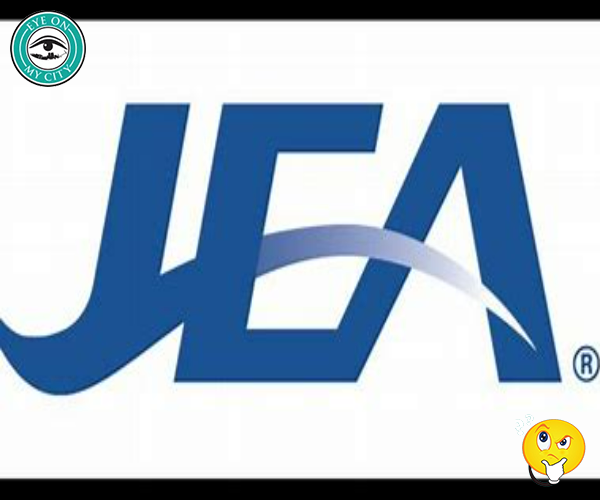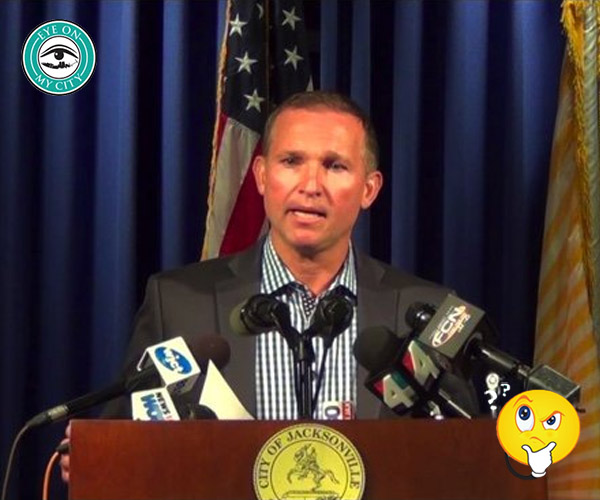
Local citizens probably don’t realize how much their access to public information has been diminished in a relatively short span.
Here’s the history:
In 1970, both the Jacksonville Journal and Florida Times-Union covered local government closely, along with at least two local TV stations.
All had supported the consolidation of city and county governments that took place two years earlier.
In 1970, the Journal began a new concept in local government coverage with the creation of a Governmental Affairs Team.
Reporters who collected local government news until that time had been assigned on the basis of a place, such as City Hall or the courthouse.
Realizing that government activities were not confined to buildings, the team reporters covered topics instead. If a story took you from the City Hall to the police station and then to the courthouse, you took that route.
Likewise, City Council was covered intensely. I sat through many meetings, not only of the full council but also committees, especially the Finance Committee, which would go well into the night in budget sessions.
There were public relations employees in the government. The police hired the first one, Sgt. J.T. Lowe, in the 1960s. He asked me how he could help me and I thanked him, but said I had no trouble getting information and would call him if I did. I never made that call.
Reporters rarely talked with other public relations people either.
We roamed public buildings freely. It was routine to walk into the mayor’s office and ask what he was working on, without any advance notice.
Who benefited? Newspaper readers and public officials.
Despite the openness and cooperation, we didn’t spare the politicians when they made mistakes. There was plenty of criticism.
However, gradually over the years the politicians and bureaucrats tightened the reins. The media was like the fabled frog in a pot of water, slowly heated until it was boiling.
Today, reporters are fed press releases or attend press conferences. I doubt that they ever talk with a bureaucrat or employee who has first-hand knowledge of a subject.
Instead, they must call a public relations person, who will ask someone for the information, prepare a response, possibly get that cleared by a politician or bureaucrat, and then give the sanitized, second-hand information to a “reporter.”
Mayor Lenny Curry didn’t invent the system. He inherited it. But he has embraced it warmly. Eye on Jacksonville called one bureaucrat for information on a simple matter and apparently frightened the poor creature, who sent word through a secretary that he could not speak.
My diagnosis: political laryngitis.
In recent days, we have sent emails to public relations people at the State Attorney’s Office and the JEA seeking information. No response. We rarely have gotten cooperation from the Sheriff’s Office except in a response to a public records request, after a long delay. The School Board usually is helpful but on one touchy subject put us off for months and then charged us for the information!
(These other agencies are not under Curry’s control and we always have had cooperation from Curry’s public relations chief.)
What would be refreshing is to see Curry take the lead in loosening some of these restrictions. It would polish off some of the tarnish on his legacy from errors such as the JEA fiasco.
He could also improve the city’s Web site. This actually is a great tool to provide the public with information, if it is used correctly.
Even more than the politicians, the media is to blame. They have allowed themselves to be minimized. As a result, their coverage has become weaker, readers have been less interested, and circulation and viewership has been dropping.
Where are the editorials and opinion columns that should have been denouncing this state of affairs?
Jacksonville citizens are best served by an open government and a fair but aggressive news media.










